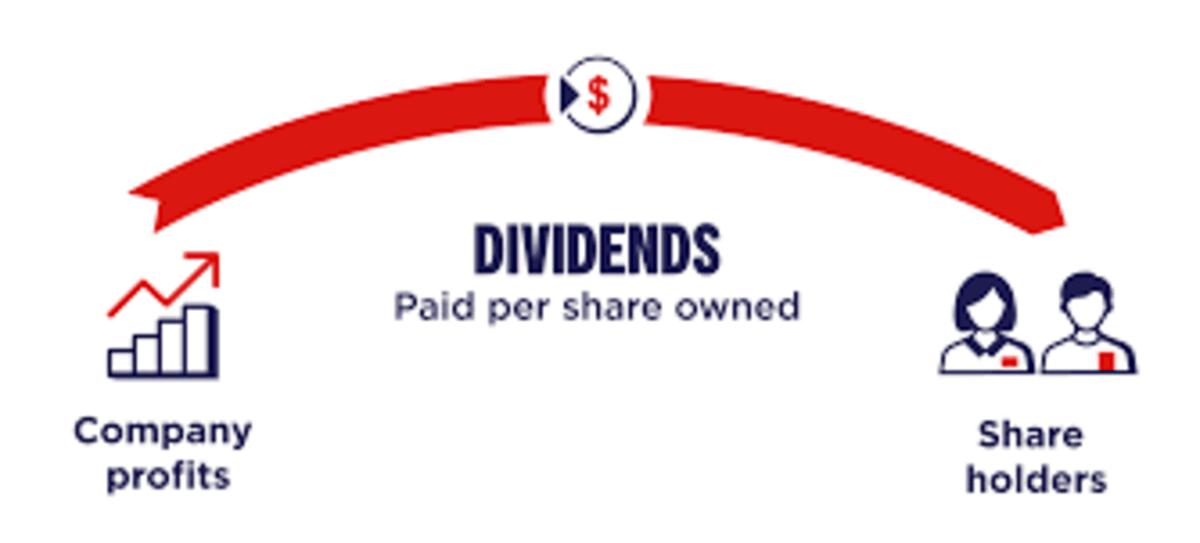What Is a Dividend?
A dividend is a portion of a business’s earnings that is distributed to shareholders. It acts as a reward for those holding the company’s stock and can take different forms such as cash payments, stocks, or any other preferred by the company. The board of directors decides the amount of dividend to be paid, which is then approved by shareholders. Dividends are not obligatory and many major companies do not distribute them.

Types of Dividends
There are four main types of dividends:
- Cash: This type of dividend is very common. For each share owned, shareholders receive a cash payment. It is a physical reward for investing in the company.
- Stock: Companies sometimes issue additional shares of stock to their shareholders. It is a way of reinvesting in the growth of a company.
Why do Dividends Matter to Investors?
Dividends are very significant for investors for various reasons. Dividend payments provide a regular and steady income stream for shareholders. Dividend-paying stocks demonstrate more stability during a market meltdown because of this passive income. Furthermore, dividends can be used to compound one’s holding in a company by reinvesting them to earn more and more dividends over time.
How Do Companies Benefit?
Companies wouldn’t give out dividends if it didn’t benefit them. They can be incredibly valuable as they are great at attracting and retaining investors. This provides stability for the company and continued demand for the stock can lead to positive price action. The act of giving out a dividend is also a confidence booster for investors because it shows that the company has extra profits to spend on investors.
What is Dividend Yield?
It is a financial metric used to evaluate the stock attractiveness for income investors. It is a representation of the annual payment of dividends as a percentage of the current price of the stock. For those seeking income, a higher dividend yield can indicate a more attractive investment.
Challenges and Considerations
Some investors can rely solely on dividend income but it’s not sustainable for everyone. The initial investment it would take is quite high as per-stock dividends aren’t too high. Investors also sometimes over-allocate their portfolio into one great dividend stock before it craters, showing the need for diversification for a stable portfolio.
Companies also need to be extremely careful when they decide to launch a dividend and the size of the payment. Multiple massive multi-national corporations have collapsed under the weight of a large dividend. General Motors, which used to be one of the greatest dividend stocks of all time, went bankrupt in 2009 after paying investors many billions of dollars in dividends alongside expensive pensions and health care costs.